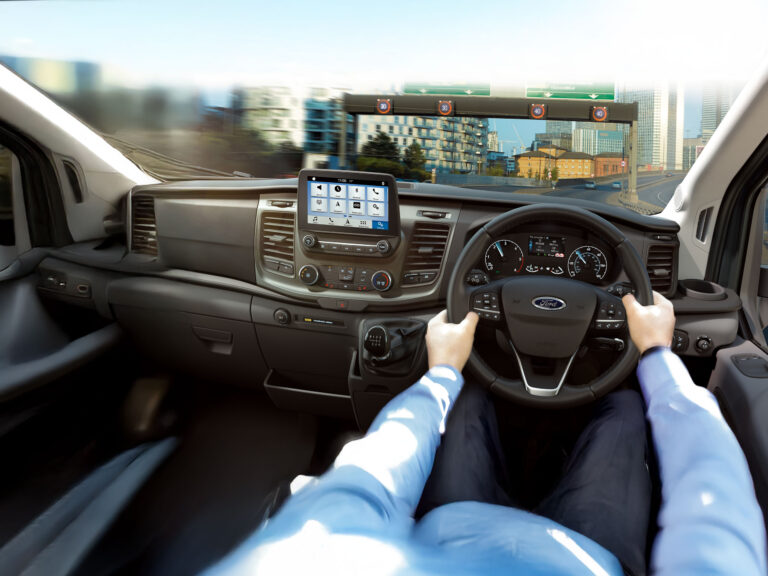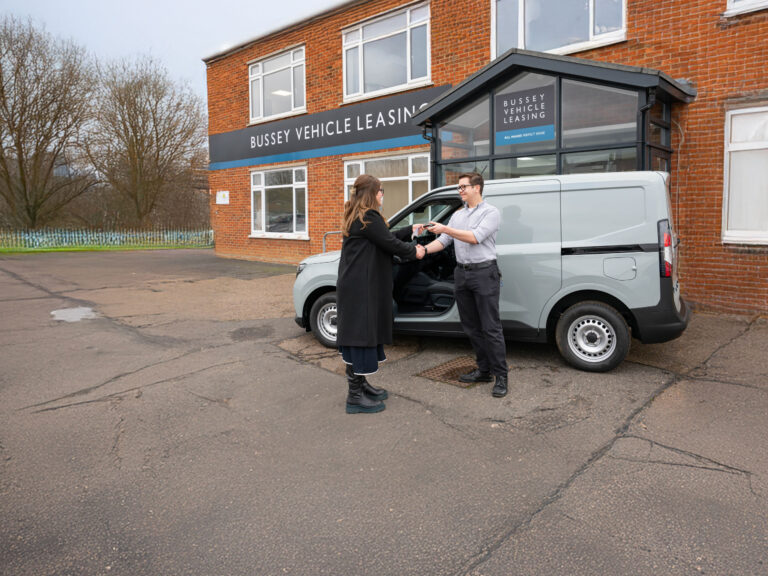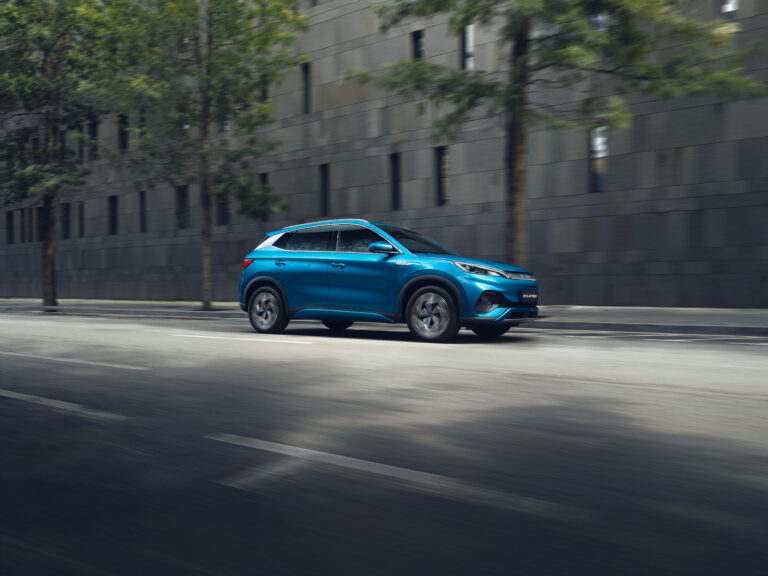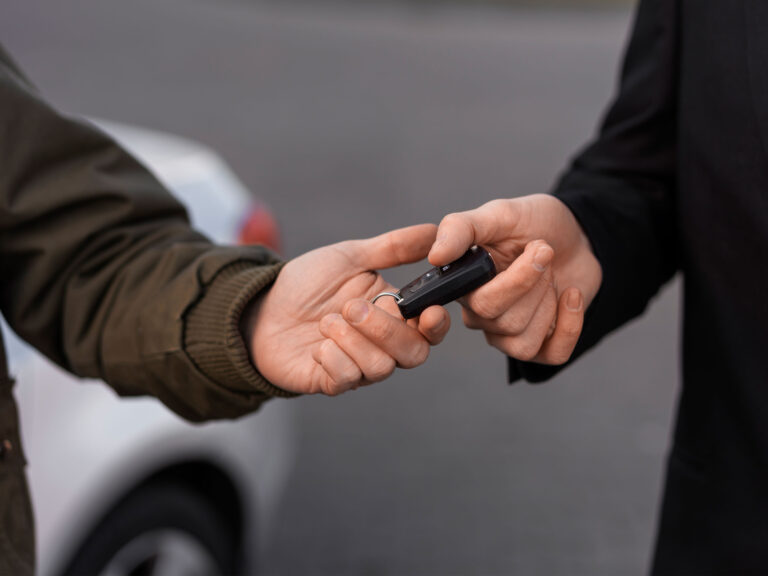
Public Sector
Our public sector clients enjoy our flexible leasing terms, allowing you to adjust your fleet with seasonal demand.

Our public sector clients enjoy our flexible leasing terms, allowing you to adjust your fleet with seasonal demand.

As a startup or sole trader, it is important to save funds without sacrificing quality. Leasing vehicles is a cost-effective alternative to ownership, and at BVL, our leases can cut your costs whilst equipping you with high-quality cars, vans and other vehicles.

Single Vehicles Or Fleet Options
Lease the vehicles you need, whether you’re looking for a single car or to equip a commercial fleet.

At Busseys, we understand the unique challenges faced by non-profits, where every resource must be allocated efficiently to maximize impact.

Leasing a vehicle is a cost-effective alternative to ownership. Our leases take the pressure of maintenance and repairs away from you and allow flexibility such as upgrades and changes to your vehicle when you feel like trying something new.

“Excellent service!”
Little Lifts
Adam and the team at Busseys Vehicle Leasing have been so helpful and supportive of our small local charity, and continue to help us provide support to people affected by breast cancer. We can’t thank Adam and the team enough for their continued support!
The Ford Focus, a mainstay of European roads for nearly 27 years, will cease production this year, marking the end of an era for the popular hatchback.